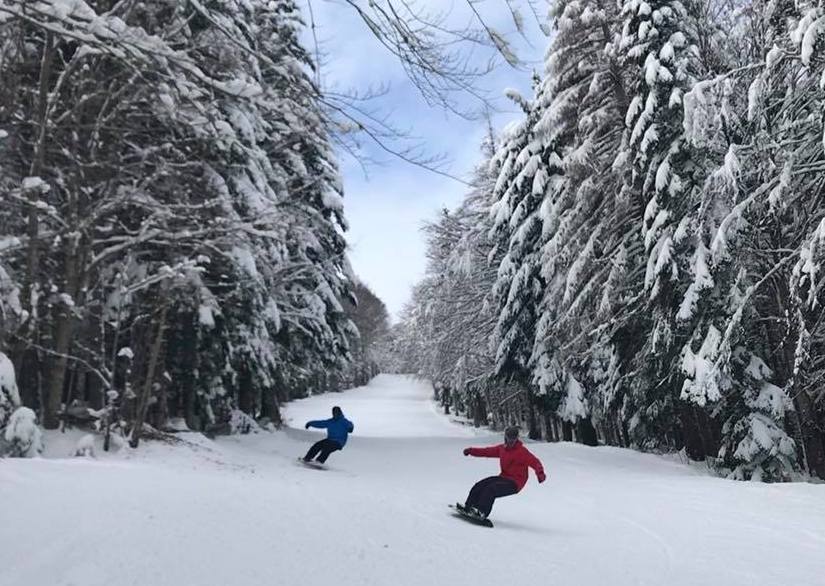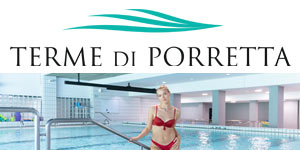
A new government decree effective nationwide from December 4 to January 15 has modified current restrictions designed to lower the number of COVID-19 contagions. Tuscany, however, will remain classified as a red zone until Saturday, December 5, moving into the orange zone category on December 6. The entire country will be classified as a yellow zone from December 21 to January 6 and travel between regions will be prohibited during the same period.
December 3, sadly, saw 933 deaths from Coronavirus, the most registered ever in Italy since the beginning of the pandemic in March, 2020.
As a result, residents cannot leave own’s town or city of residence on December 25, 26 and January 1 except for motives of work, necessity or emergency. All those arriving from abroad must observe a 14-day quarantine period. The only exceptions are Italians who work or study abroad in addition to foreign Italian diplomats and members of the armed forces: they are normally required to have a Covid test before departure.
The nationwide 10 pm to 5 am curfew will remain in place with the exception of New Year’s Day when no one can leave the house until after 7 am except for reasons of work, necessity, health or emergency, as attested by self-certification. This document must be carried at all times. Midnight mass on Christmas Eve has been rescheduled to 8 pm in all Catholic churches across Italy.
Retail stores will be open until 9 pm to facilitate a limited number of shoppers on the premises at one time. Malls will stay shut on the weekend. Bars, restaurants and cafés will continue to close at 6 pm except for take out (up to 10 pm) or delivery, both of which can take place 24/7. Restaurants and pizzerias are permitted to serve holiday lunch to a maximum of four people per table on Christmas Day, Santo Stefano (December 26), New Year’s Day and Epiphany, January 6. While hotels can remain open, their restaurants will be closed on New Year’s Eve, but guests can access room service. It is recommended that holiday meals at home be restricted to those living under the same roof.
December 8 marks the kick-off of the Christmas Cashback program, which offers consumers the opportunity from the incentive during the holiday shopping period. To be eligible shoppers must use credit cards or electronic payments until December 31. Purchases must be made either in a physical store or online, and consumers will receive a 10% rebate up to a maximum of €150. The benefit is extended to include the purchases of groceries, and payments for services including a visit to the hairdresser or the dentist. To participate in the initiative, it is recommended that consumers must register with SPID (Public Digital Identity System) which then allows individuals or businesses to access info from a smartphone, tablet or computer. Alternatively, participants can go through PagoPA or use a digital identity card. All must download the app IO.it, the centralized payment system for public administration.
Ski resorts, currently closed, will reopen on January 7; cruises cannot set sail until this date. Museums, cinemas, theatres, discos, gyms, swimming pools, spas and wellness centers will remain closed but libraries can reopen. Fairs, festivals, conferences and congresses will continue to be postponed.
75% of the country’s high school students will be allowed to return to the classroom beginning January 7. The Italian university system will also reopen on January 7, offering in-person exams as well as access to libraries by reserving in advance.
To read more in Italian, visit the La Repubblica news site. (rosanna cirigliano/additional reporting by rita kungel)







